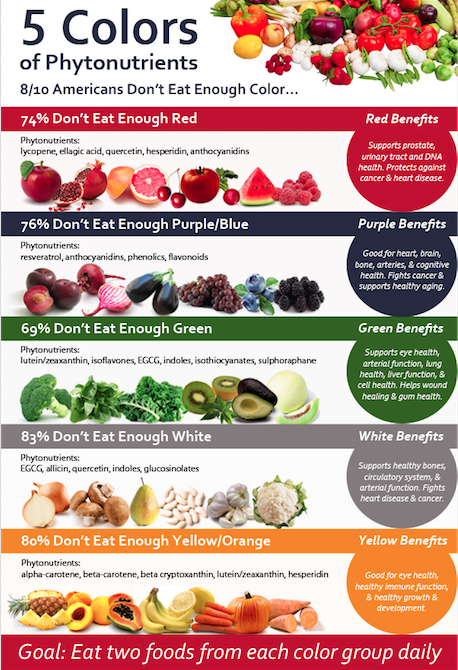Cardiologist (Heart Disease Doctor)
A 'cardiologist' is a physician that specializes in heart diseases or should I say a 'heart disease doctor' . If you suspect that you may have a heart problem, your family doctor may refer you to a cardiologist. Then, he or she may confirm what your problem is, if at all there is any.
If a cardiologist finds out that you may need surgery e.g. if the coronary arteries are severely blocked, the cardiologist may refer you to a heart surgeon. A heart surgeon will then perform corrective surgery on you. However, recent technologies have allowed cardiologists to perform more procedures and requiring less referrals to the heart surgeons.
The most common procedure done by cardiologists is a procedure called 'angioplasty'. Angioplasty is the technique of mechanically widening a narrowed or obstructed blood vessel i.e. coronary arteries (heart arteries). Some may require inserting a 'stent' (man made metal tube) into the affected heart blood vessel in order to prevent obstruction of the vessel.
The coronary arteries are blood vessels that supply oxygen and nutrients to the heart muscles. Click here to see where the coronary arteries are located in which part of your body: http://www.bartleby.com/107/illus492.html
What are the symptoms of heart diseases due to narrowing of the heart arteries?
Symptoms include chest pain and/or difficulty in breathing upon exertion; and decreased exercise tolerance.
What is a heart attack then?
A heart attack is due to the interruption of blood supply to part of the heart, causing some heart cells to die. This is most commonly due to occlusion (blockage) of a coronary artery following the rupture of an unstable collection of lipids (fatty acids) and white blood cells in the wall of an artery.
Normal symptoms of a heart attack include sudden chest pain (typically radiating to the left arm or left side of the neck), shortness of breath, nausea, vomiting, palpitations , sweating, and anxiety. Heart attack symptoms in women may be slightly different, most commonly shortness of breath, weakness, a feeling of indigestion, and fatigue. However, some heart attacks may be silent, without chest pain or other symptoms. If in doubt, please go to your nearest hospital (24 Hr emergency department).
A heart attack is a medical emergency, and people experiencing chest pain are advised to alert their emergency medical services or go to the nearest hospital because prompt protection with an external defibrillator can save one's life especially during the first hour of symptoms.
Related Terms:
abnormal cardiac conduction, abnormal Heart Rhythms, Acute Coronary Syndrome, Acute heart disease, Acute Heart Failure, blood pressure, pulmonary, physician, cardio, cardiovascular.








Comments